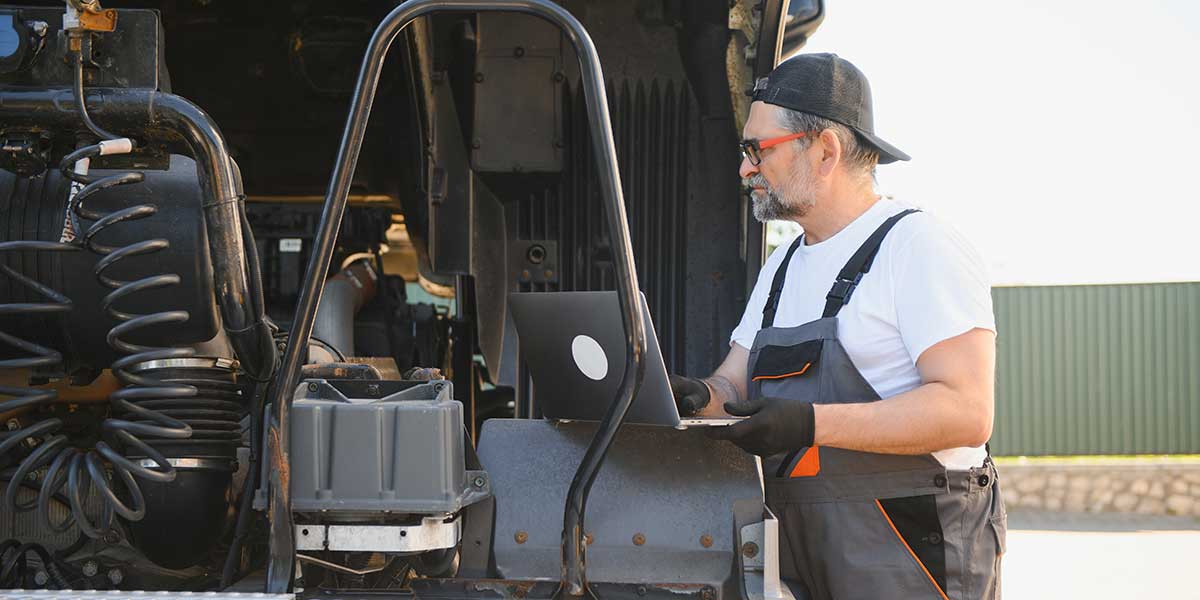Six Important Things To Know About Unified Carrier Registration

The federal government requires all commercial motor vehicles that operate across state lines to register through the Unified Carrier Registration (UCR) program and pay annual fees. If your business moves cargo between states, you must complete registration to avoid violations, fines, or disruptions to your operations.
Many trucking companies ask, "Is UCR registration legit?" because the system requires annual payments and applies broadly, even to carriers based in states that don’t actively participate in the program.
FMCA Filings simplifies the process by clearly explaining your requirements and handling every step, so you don’t have to figure it out alone.
1. Understand What Unified Carrier Registration Means
Unified Carrier Registration replaced the old system where motor carriers had to register and pay fees in multiple states. Under UCR, you register through a single base state, even if you operate nationally.
The Federal Motor Carrier Safety Administration (FMCSA) manages the program and uses the collected fees to support safety enforcement and training programs. These programs help ensure safer highways and better oversight of commercial vehicle activity.
Properly filed registration is also critical for keeping your motor carrier authority in good standing and avoiding disruptions to your ability to haul loads.
2. Know Who Must Complete UCR Compliance
Is UCR registration legit? Yes, and if your business uses commercial vehicles to move goods across state or national borders, you must maintain UCR compliance every year. This includes:
- Trucking companies that cross state lines
- Freight forwarders and brokers who arrange interstate shipments
- Leasing companies that provide commercial vehicles to other businesses
Even businesses located in non-participating states like Florida or Arizona must still register. If you’re unsure whether your company qualifies, FMCA Filings will help you interpret the rules and meet your exact registration requirements.
3. Check Whether Your DOT Number Requires UCR
Your UCR obligations apply directly to your DOT number. If your business uses a DOT number to move freight and any part of your activity involves interstate commerce, you are responsible for registering.
Leased vehicles under your DOT number also count toward your registration totals. If your company isn’t managing this correctly, you could end up paying the wrong fee or face fines for underreporting.
FMCA Filings helps you confirm whether your DOT number is subject to UCR and guides you through the steps to complete the filing correctly the first time.
4. How the UCR Filing Process Works
You must complete the UCR filing process between October 1 and December 31 to remain compliant for the upcoming year. If you are filing for 2026, your registration and payment are due by the end of 2025.
Your fees depend on the number of commercial vehicles you operate. Carriers with one to two vehicles pay the lowest fee, while companies with 1,001 or more trucks pay the highest.
Rather than trying to sort out your filing alone or risking errors, FMCA Filings handles the paperwork and submission for you. That means you don’t need to navigate government forms or log in to federal websites. All you need to do is just provide your basic details and let the experts handle the rest.
5. Know the Risks If You Fail To File Your Registration
UCR violations allow enforcement officers to detain your vehicle on the spot if they pull over your truck in an active state and you haven’t registered. Enforcement officers often issue fines between $100 and $5,000, depending on the state and circumstances.
Filing late or skipping UCR entirely is a risk no carrier should take. If you’re wondering, “Is UCR registration legit?” the answer is yes, and skipping it invites serious legal and financial trouble.
6. Maintain Proper Records To Prove Legitimacy
Once you’ve filed your UCR, it’s not enough to move on and forget about it. Carriers must keep UCR-related documents on file for at least two years after the due date or actual filing.
You may need to store two specific forms:
- UCR-1 if you are subtracting certain vehicles from your count because they only operate in interstate commerce.
- UCR-2 if your current fleet size puts you in a lower bracket than what’s listed on your last MCS-150 form.
FMCA Filings keeps copies of your documents on file and makes them available if you ever face an audit or inspection.
Stay Compliant With Help From FMCA Filings
Is UCR registration legit? Yes. Ignoring it leads to fines, delays, and lost revenue. Let FMCA Filings handle your UCR registration renewal so you avoid mistakes. We make the process fast, accurate, and stress-free. Start now to keep your fleet moving without interruptions.